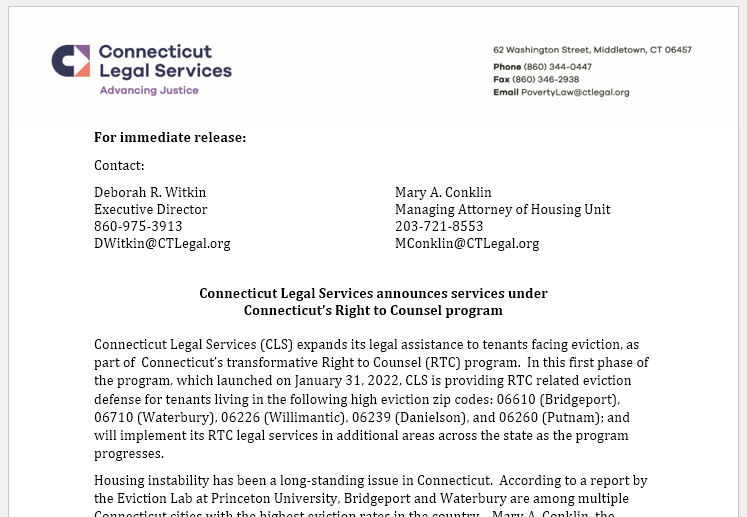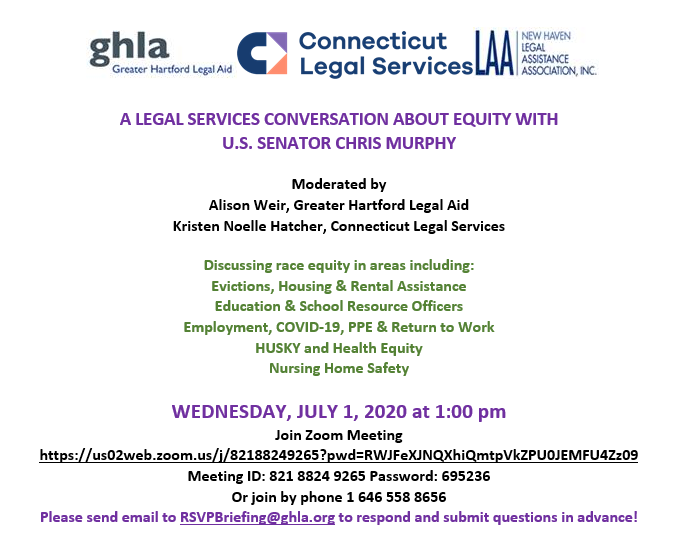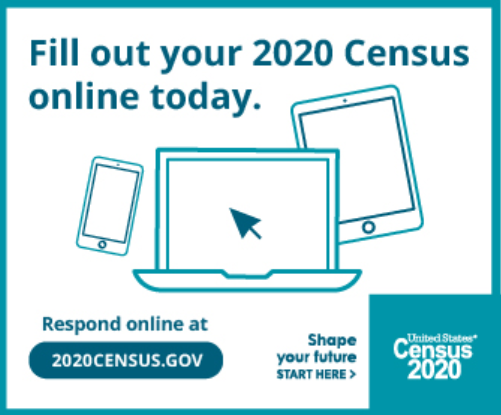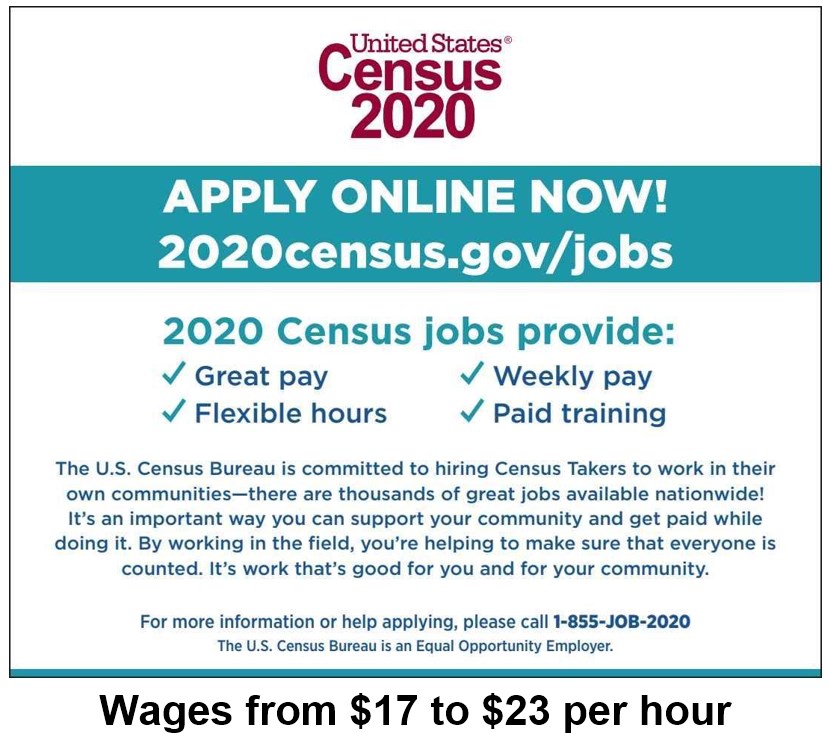Dear Friends,
As Connecticut Legal Services’ staff reflects on one of the most memorable years in our nation’s history, we are grateful for the role that supporters such as you played in helping us face this past year’s challenges. Our clients have lost their jobs, struggled to help their children learn remotely, feared eviction from their homes, experienced an increase in family violence, and struggled to meet their basic needs. Our clients came to us in desperation and your support made our help possible. One such client is Nancy.
Nancy, a mother of three, came to CLS after one of many beatings she received at the hands of her husband. She was visibly bruised and frightened when she approached CLS for help. Nancy was still living with her abuser at the time. Her CLS attorney helped her file charges against her husband, resulting in his arrest. CLS helped Nancy obtain a restraining order, file for divorce, and get a temporary order of custody of her children. CLS also helped Nancy and her children obtain shelter with a domestic violence program and access the services that program provides. As a result, Nancy’s older son began receiving therapy to help him deal with the abuse he witnessed in the household and his resulting Post Traumatic Stress Disorder.
With temporary safety achieved, Nancy’s CLS attorney began working toward Nancy’s longer-term stability. After guiding her through the process of securing appropriate and safe housing, Nancy’s CLS attorney helped her apply for subsistence benefits to make sure that Nancy could feed her children and make ends meet while she worked to get back on her feet. Because of CLS’ help, Nancy and her children are living in safety and working towards financial stability.
We need your support more than ever as we continue to address the consequences of the global pandemic on the low-income community of Connecticut. Please consider making a gift to CLS’ Campaign for Justice so that we can help Nancy and others who are struggling during these unprecedented times.
Thank you in advance for your generosity.
Sincerely,
Deborah Witkin
Executive Director




